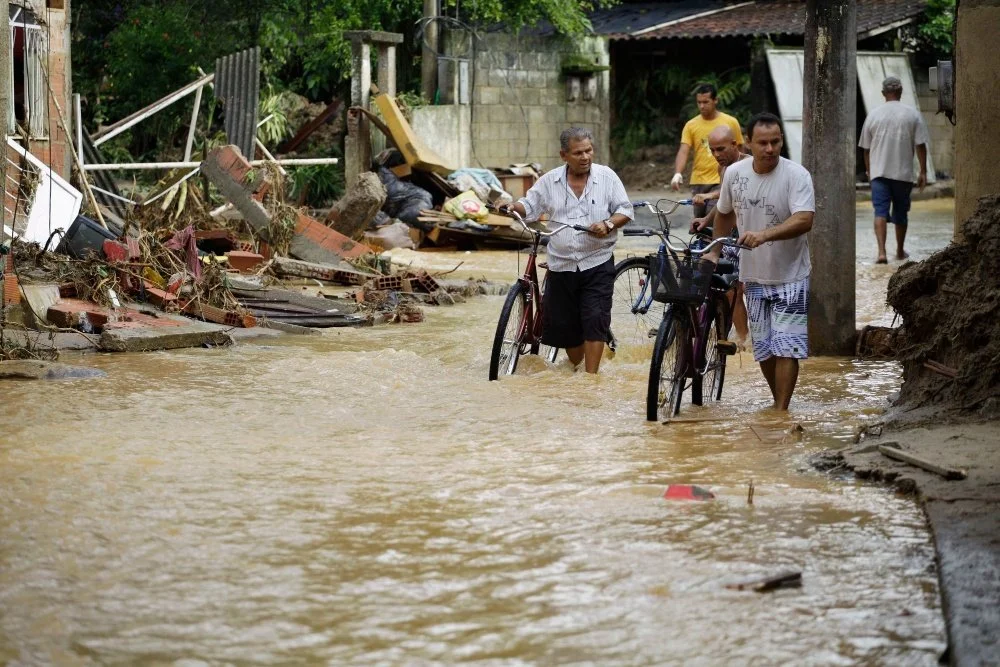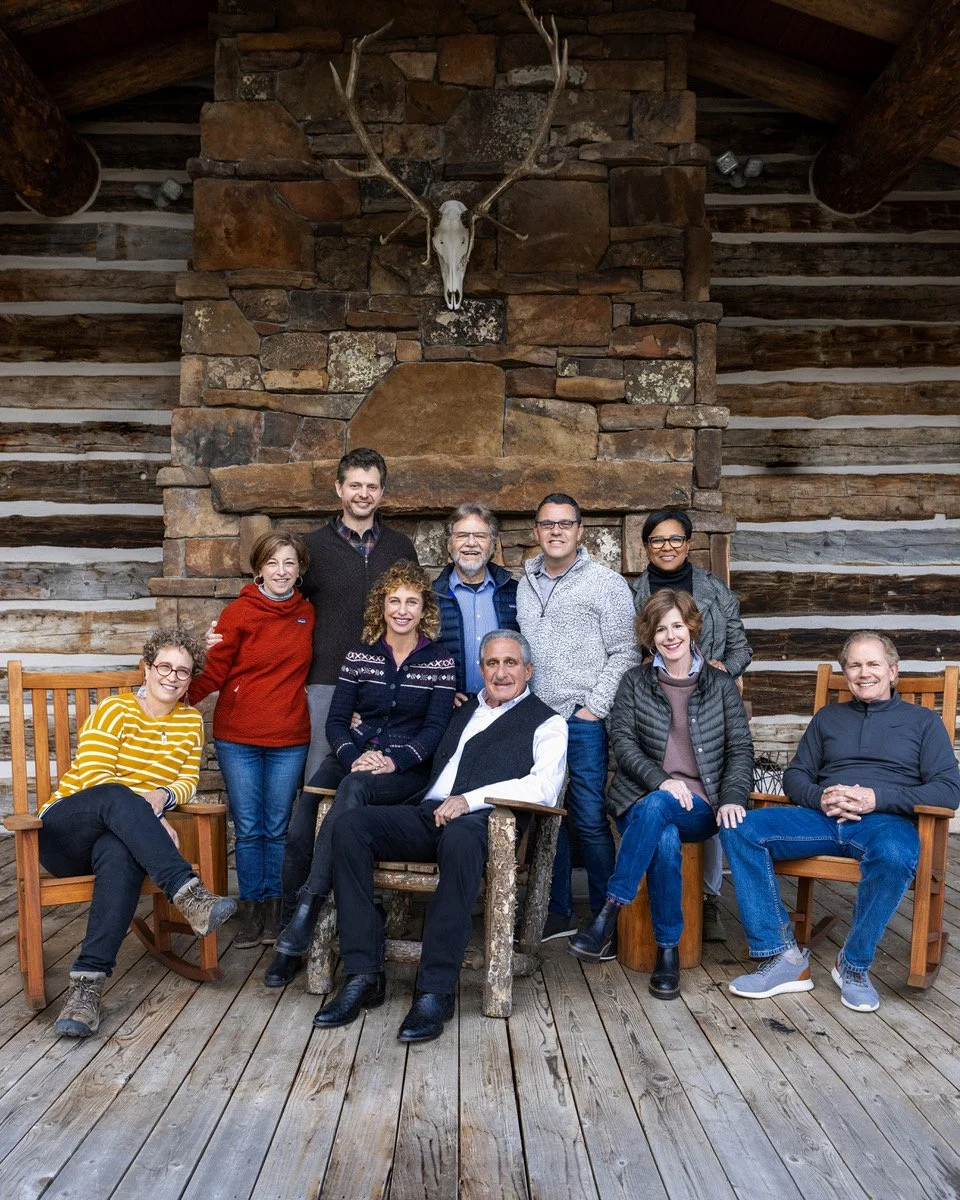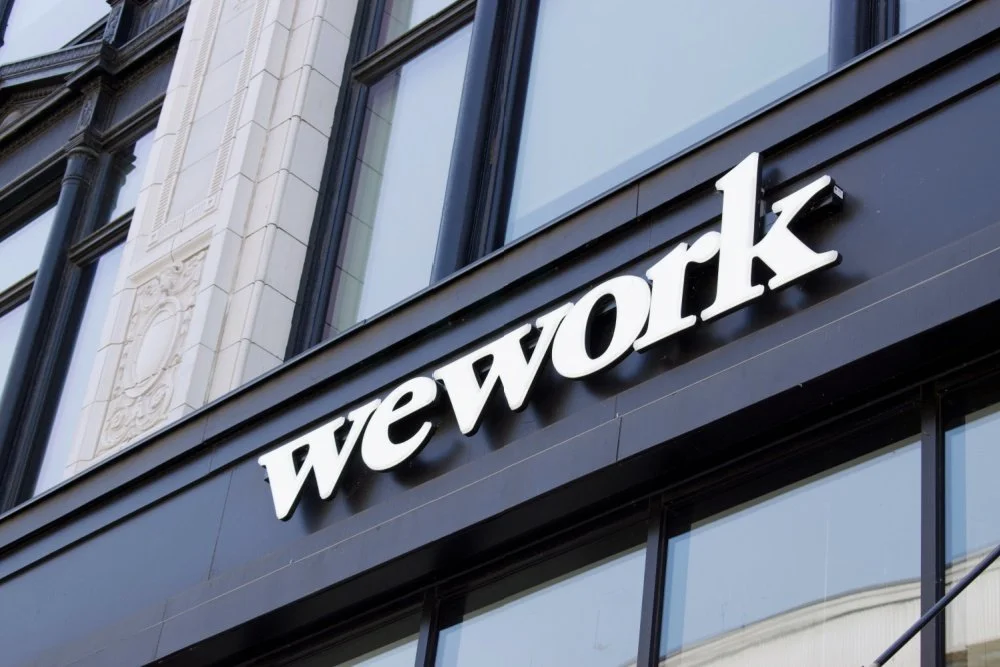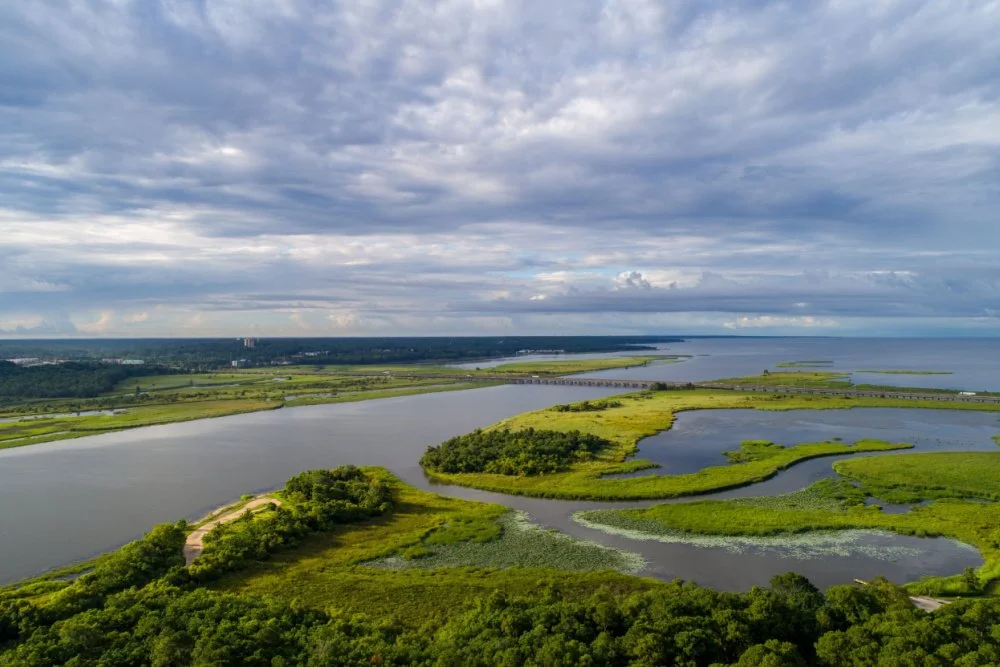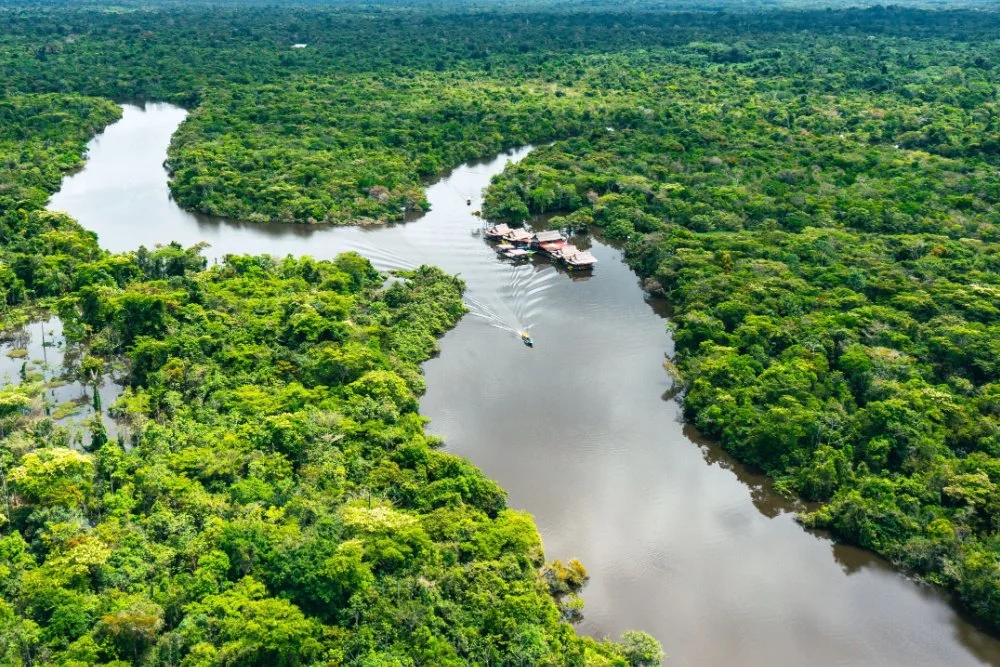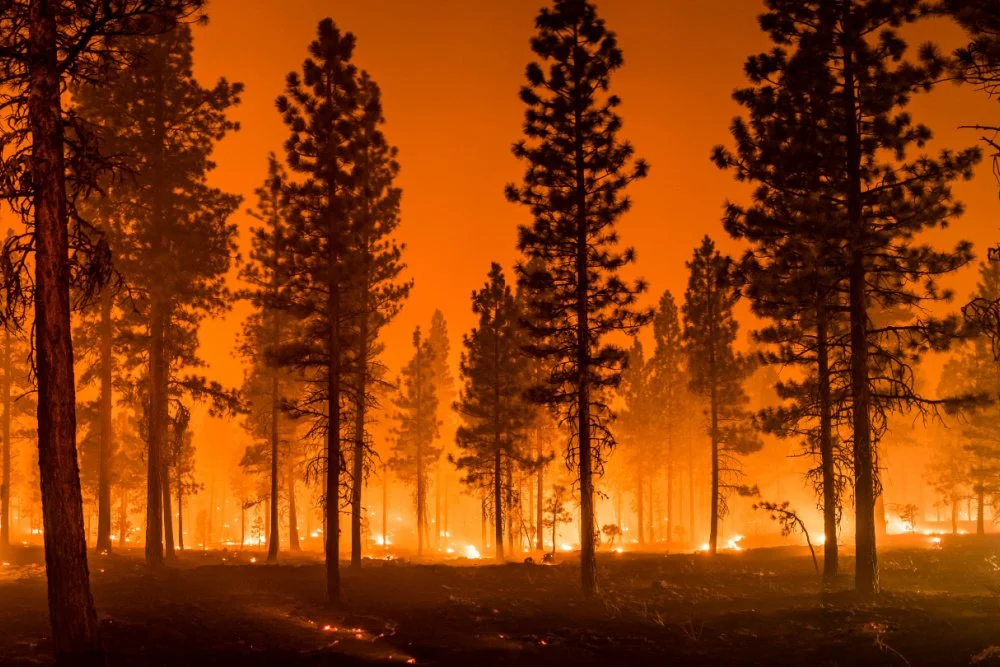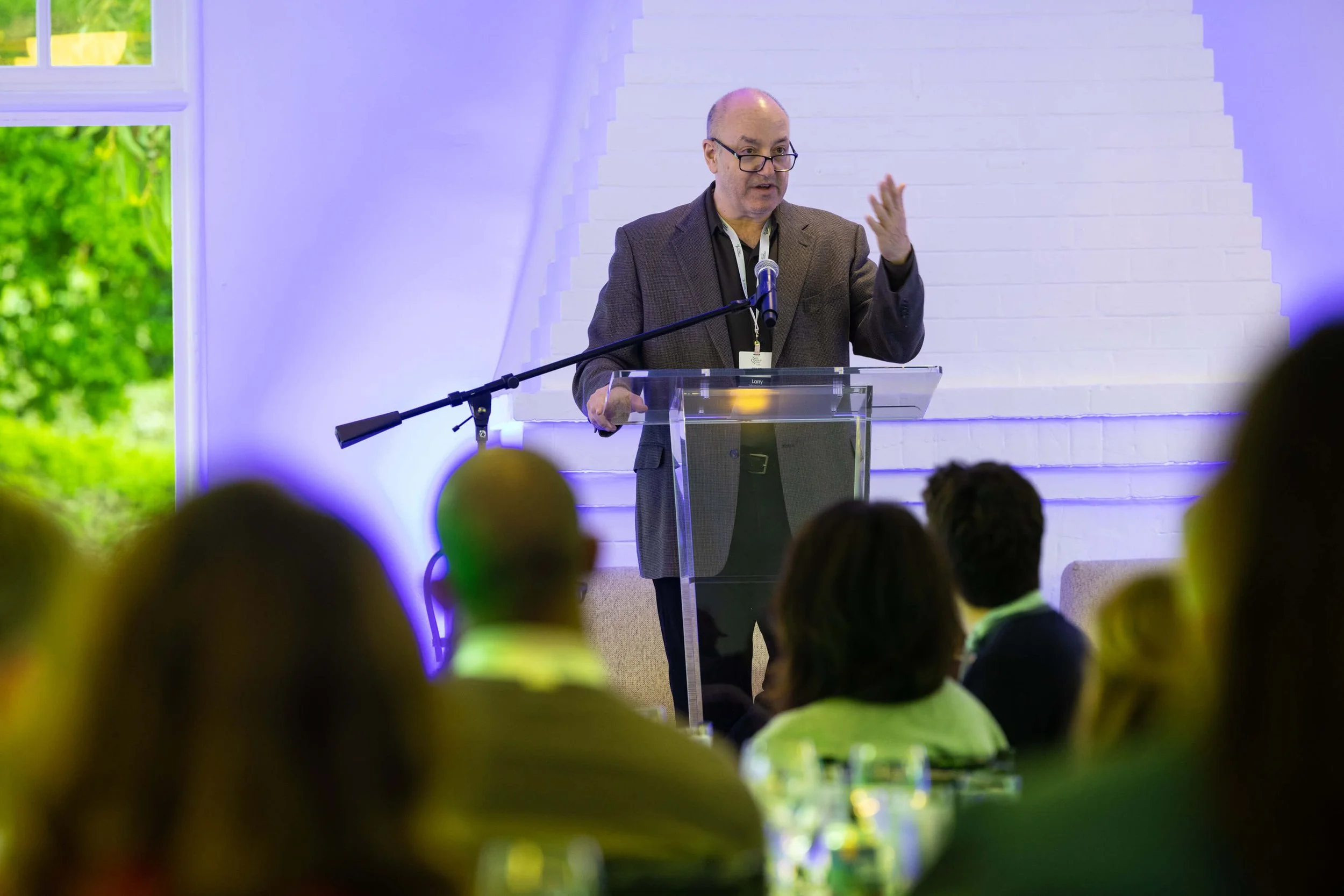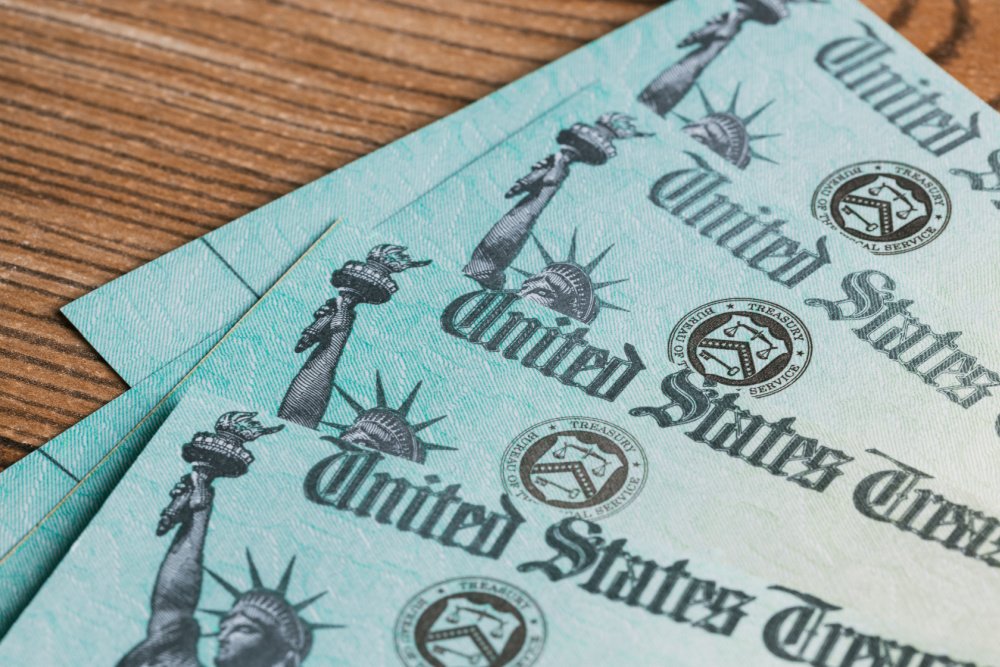From the White House, a Case Study of How NOT to do Philanthropy
/Press Secretary Sean Spicer said in March that the president would donate his entire $400,000 presidential salary at the end of the year, and that he wanted the press corps to help decide what charity would benefit. That way, Spicer said, Trump would avoid scrutiny when the day comes.
Some took him at his word, too, and even the Chronicle of Philanthropy played along with an online survey that drew 21,000 votes (Cystic Fibrosis Foundation won).
But alas, it was all for naught, as the president either never meant it, forgot he said it, or it was yet another epic troll. The president scrapped the press corps idea without explanation, and based on White House Counsel suggestions, decided to give his salary from the first quarter of his presidency to the National Park Service, for a total of $78,333.
As far as avoiding scrutiny, that part of the plan didn't have a prayer from the start. Environmental nonprofits and other critics are piling on, mainly about the deep level of hypocrisy, given the president’s recommended budget cuts to the Interior Department, which houses the NPS.
Just to be clear, our National Parks are a fantastic cause. While their cultural importance, and the value they return to the U.S. economy, warrant far more public funding than we give them (even under Obama), there is an important role philanthropy can play in our parks funding, for sure. Private donations have been part of national park funding from the start, and the NPS’s charitable partner the National Park Foundation has been ramping up fundraising, and even pursuing an endowment.
Related: How Does Philanthropy Fit Into the Future of National Parks?
But critics are correct in their side-eyes at Trump’s donation. It is a farce. At the risk of piling on even more, we can at least critique it in the context of philanthropy, and why this donation represents a few of the worst practices we see. Let’s take a brief look at this donation, and consider what not to do:
Giving small with one hand, doing huge damage with the other
This is the most blatant problem, here, and one that was swiftly pointed out. What might sound like a big donation is actually a pittance when you zoom out a little to the donor’s larger impact on the beneficiary. As Sierra Club’s Michael Brune said:
It's a distraction that falls far short of the $12 billion needed to address the current backlog of park maintenance and does nothing to offset the almost $2 billion Trump asked Congress to cut from the Department of the Interior in his budget. America’s parks, and the people and economies they support, need real funding, not a giant fake check.
More on that giant check later, but the main point here is that, to wage historic attacks on funding for public lands, and then give a $78,000 check to the NPS mere weeks later is nonsensical. Trump’s budget proposed slashing about 12 percent of the Interior’s budget, which indeed totals close to $2 billion. It’s unclear exactly how that would impact the NPS, but even pre-Trump, the service’s $3 billion budget has not kept up with inflation; hence the huge backlog. Such a large reduction at Interior would worsen the situation at NPS. This is like grabbing a stack of hundreds from the cash register and then stuffing a buck in the tip jar.
Related: With Deep Budget Cuts Proposed to Science Research, What Should Funders Be Doing?
Again, that’s not even mentioning the other damage Trump is doing to public lands so far, shredding protections from coal and fracking extraction, and even shutting out public input on land decisions. Then there’s the damage to climate policy and the EPA, not to mention a loosening of rules governing the use of toxic pesticides.
While most donors lack the power to be quite as destructive as Donald Trump, we unfortunately see this dynamic in other areas of giving all too often, usually involving corporate giving, and it’s one of the reasons philanthropy often gets a bad name. The worst kind of donation is one that a giver makes as subterfuge or meager penance for profound damage done in that same arena.
Giving with weird strings attached
If the hypocrisy weren’t enough, Trump is not even letting this relative pocket change go without narrow restrictions. The donation is going to repair only the National Park Service’s historic battle sites “to help the president carry out his love and appreciation for our warriors and land,” Secretary of the Interior Ryan Zinke said in a statement.
His love of our warriors. Because god forbid the money go toward protecting the natural environment, our outdoor recreation industry, or even worse, the climate change education work the NPS is carrying out. No, battlefields only, please.
In execution, this critique is almost immaterial, because the donation is so small relative to the need. It’s even dwarfed by the chosen niche—Zinke pointed out a $229 million maintenance backlog for battlefield sites alone. But we always try to point out that the best way to support a cause is to give unrestricted funds. And don’t swaddle your giving in ego-driven conditions. If you want to give to parks, give to parks. Trump can find another way to carry out his love of warriors.
It’s all about glorifying the donor
Dragging Zinke in front of the press corps. A prop check. That giant sharpie signature in the corner. This is more self-congratulations for a measly 78 grand than we see from some truly transformational donations.
Of course, critics have pointed out that this is likely a petty power move related to Trump’s very public feud with the NPS. But giving this chunk of the president’s salary clearly has nothing to do with the cause, or altruism.
This one is actually bit of a tightrope for everyday donors to walk, since being overly humble can be equally irresponsible. Not wanting credit as a philanthropist can easily slide into a lack of transparency. But on the other end of the spectrum, giving that’s clearly driven by ego and self-celebration is a great way to sour philanthropy with cynicism.
Again, there's nothing wrong with a donation to our national parks, and in that sense, this donation could have been a much worse decision. But this is an extreme example of the fact that even gifts to good causes demand scrutiny, and when they don't hold up to that scrutiny, go ahead and pile on.


